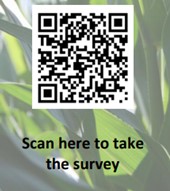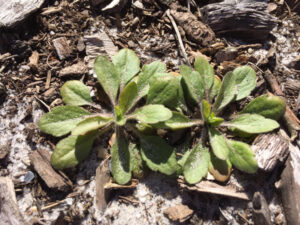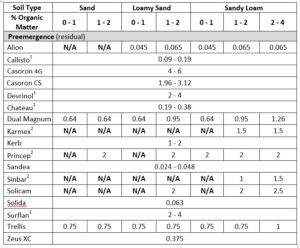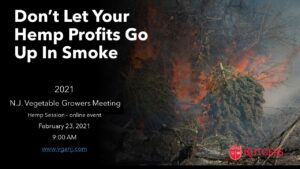Attention Tree Fruit Growers
The Rutgers University Tree Fruit Extension Team is looking forward to the 2021 growing season however, given the current restrictions we will be altering the meeting format this year. Since we are all suffering from Zoom Webex Skype fatigue, we are going to put a pause on our yearly (day long) North and South Jersey Tree Fruit meetings and instead, hold one Hour ‘Ask the Expert Series Orchard Edition’ talk/discussions.
Beginning March 24 we will be hosting one-hour virtual discussions, on timely topics where YOU the growers are encouraged to ask the experts questions on all things tree fruit.
Where: Online
Zoom meeting links will be posted to the Plant and Pest Advisory AND E-mailed to Tree Fruit Growers on Rutgers List Serves 1 week prior to each meeting.
When: 9 AM-10 AM (dates below)
Note that we plan to offer CORE and PP2 credits for some of the sessions.
If you are interested in additional session topics and/or expert please let us know! These sessions are meant to specifically address your needs/interests.
Meeting/Discussion Dates, and Topics
| Meeting Date | Topic |
| March 24 | Tree Fruit Diseases to Prepare For in 2021 |
| April 7 | Apple Thinning using Plant Growth Regulators |
| April 21 | 2021 Tree Fruit Insect Pests What’s that Buzz in the Orchard? |
| May 5 | Orchard Soil Fertility From the Ground Up |
| May 19 | Pesticide Safety Talk CORE pesticide credits will be offered |
| June 2 | Timely discussions on issues that arise as the season progresses. |
| July 14 | Timely discussions on issues that arise as the season progresses. |
| August 4 | Timely discussions on issues that arise as the season progresses. |
Help us to help you! Please submit questions and discussion topics
in advance of sessions to
Megan Muehlbauer muehlbauer@njaes.rutgers.edu or
Hemant Gohil gohil@njaes.rutgers.edu
 elow.
elow.

 Please join the Rutgers Hemp Team on Tuesday, February 23 at 9:00 AM
Please join the Rutgers Hemp Team on Tuesday, February 23 at 9:00 AM